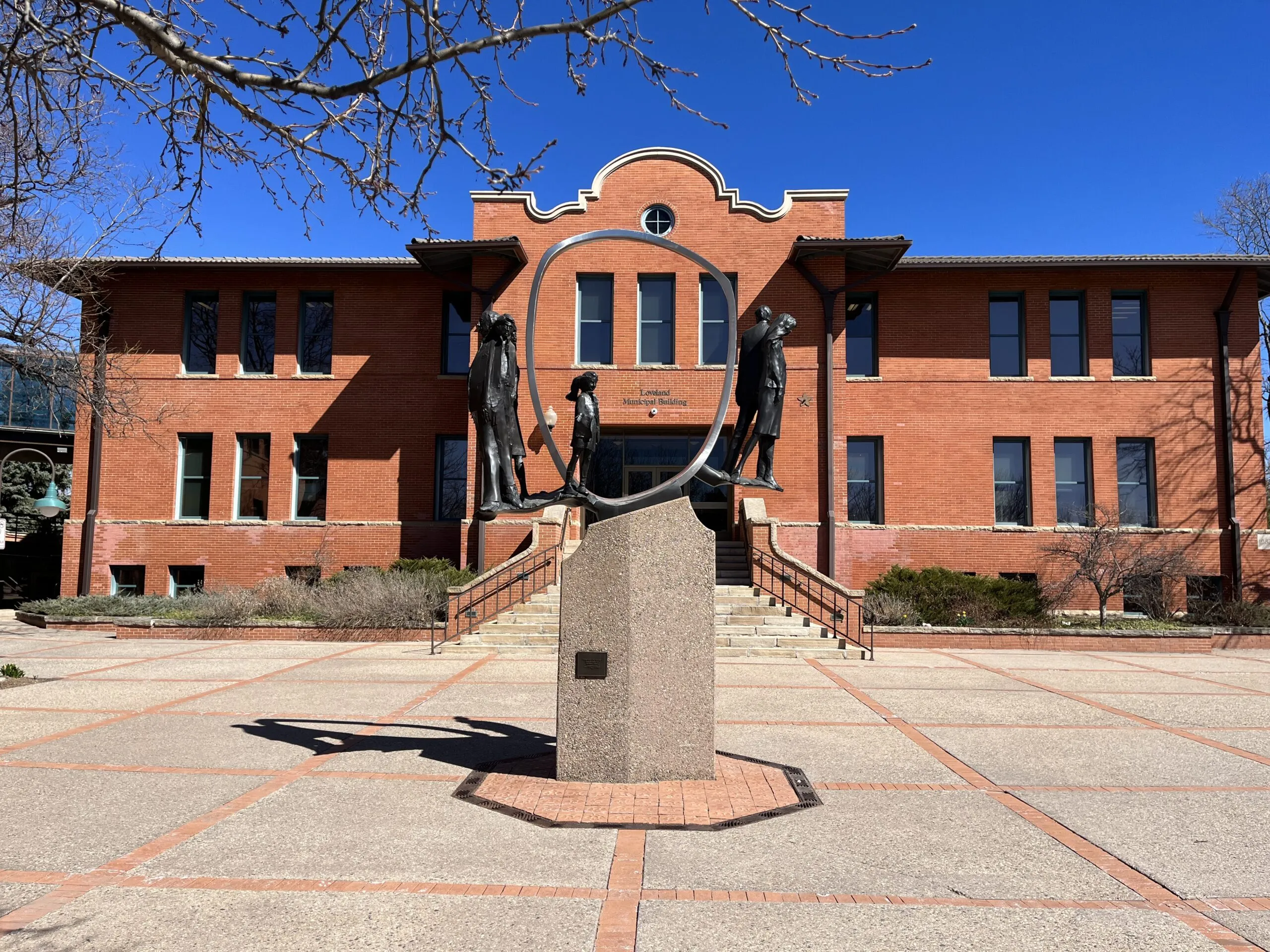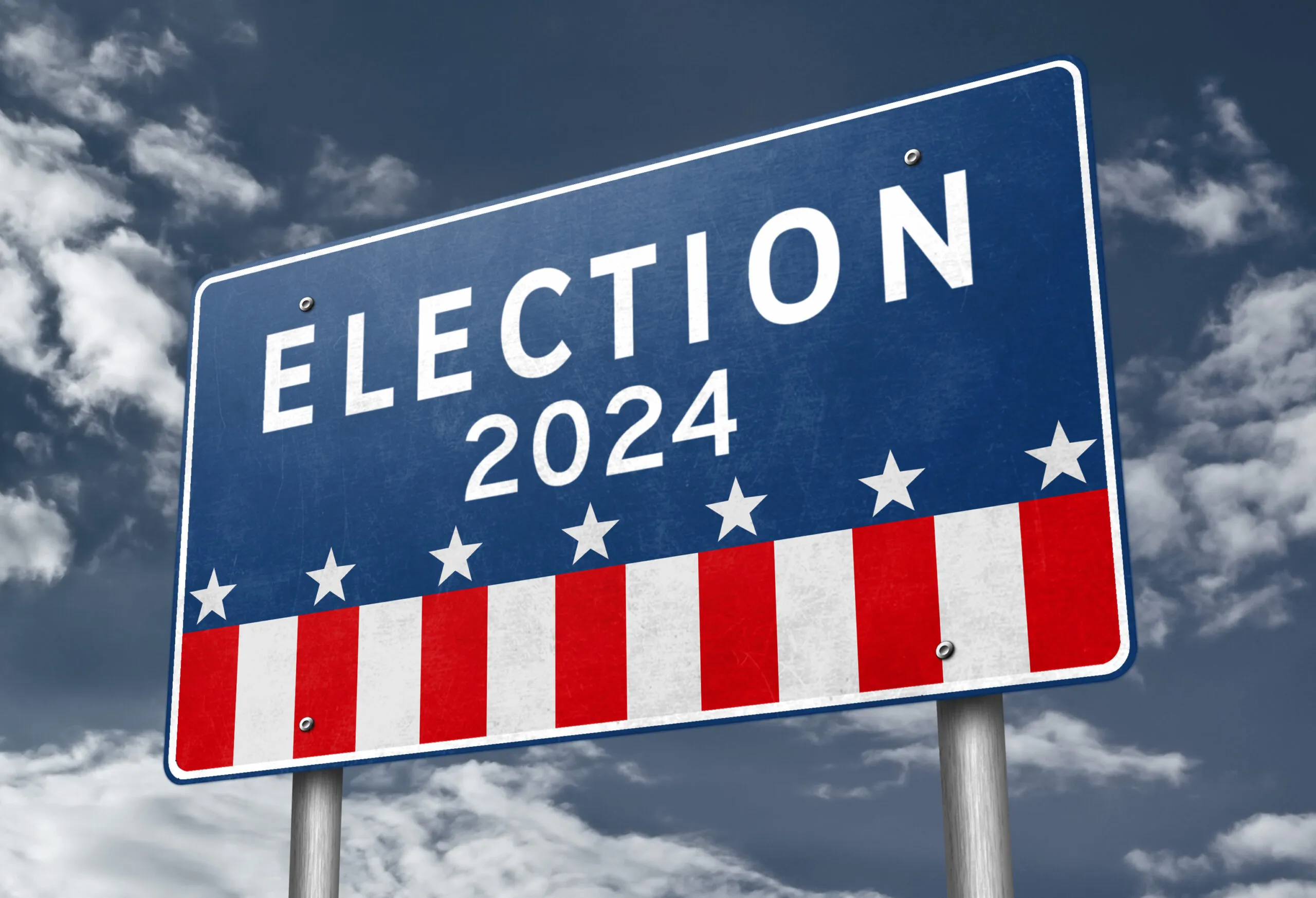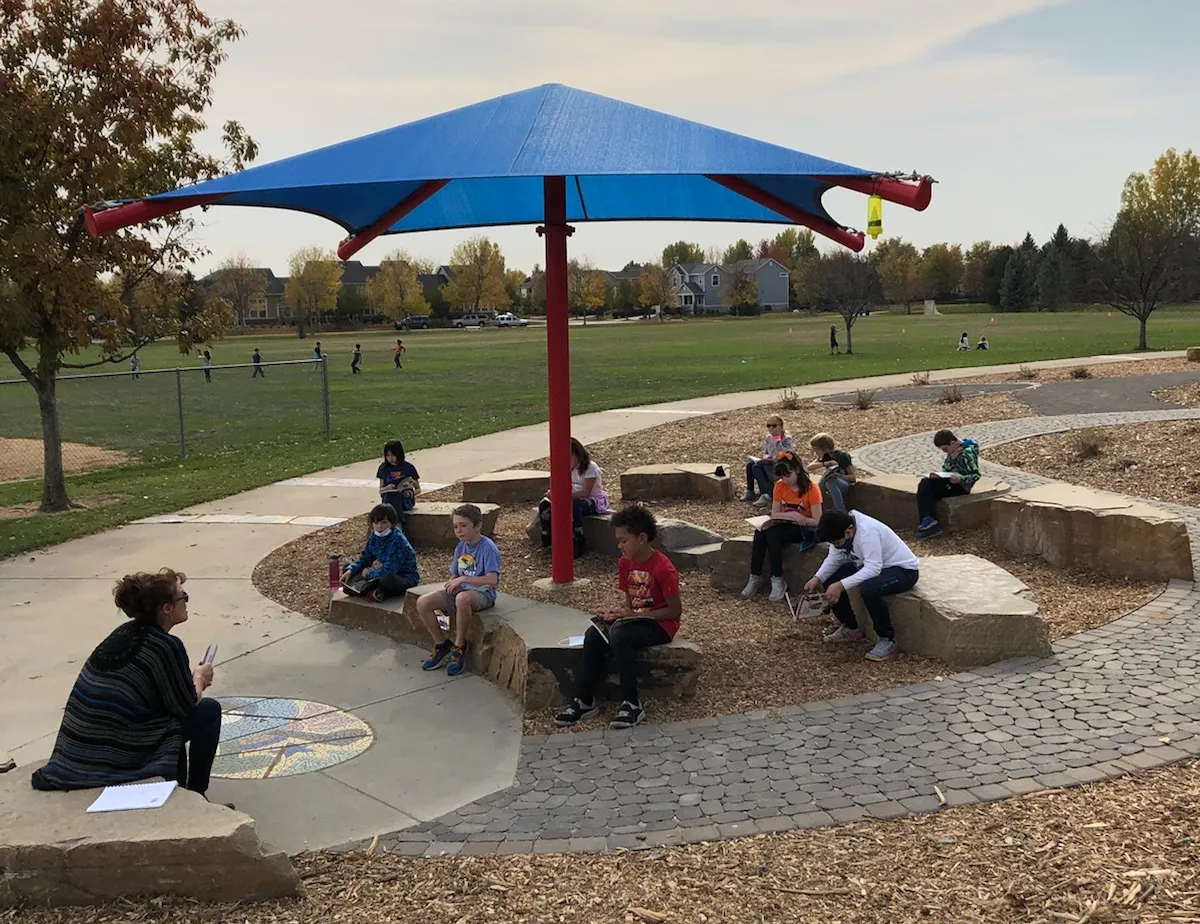Editorial: Loveland needs to look forward, not backward
Things could not have gotten more inappropriately perverse, more divisive, more repugnant than what has occurred at city of Loveland council meetings over the past weeks, and especially at the March 26 special meeting when a special counsel presented a report about possible violations of the state open-meetings law and city charter violations that involve open meetings.
The city is embroiled in a vicious, savage cycle of recrimination, a tit-for-tat, with factions throwing charges and seeking to punish political opponents. They decry that description, but nonetheless it’s how much of the public and almost all of the city’s neighbors see the progression of events.
As observers of thousands of public meetings in multiple jurisdictions, one thing has been very clear: City attorneys almost invariably attempt to find a legal means for their clients — the city councils or public boards — to violate at least the spirit of open-government laws.
SPONSORED CONTENT
Our state law is incredibly weak when it comes to protecting the public’s interest in having actions taken in a fully transparent way. And why wouldn’t it be that way? Public officials write the public-access laws. Note what the Legislature did just last month to exempt its members from public meeting laws.
Colorado law provides virtually no personal consequences for a public official who violates public access laws. There may be financial consequences for the public when their elected officials violate the law. There may be consequences for people outside of government who might be indirectly or directly affected when violations occur.
It’s possible that an elected official could be booted from office. It’s possible that fines could be imposed. Yet there’s rarely an example in the state of any public official paying a significant fine or going to jail or facing any significant personal or financial consequence.
From the public’s perspective, lack of significant consequences does not justify violations of the law.
So where does Loveland go in resolving issues surrounding openness in government?
As citizens of the state — and of the city — we’d prefer that the Loveland council take a step back, look to the future and the political health of the city. Place the focus on strengthening the law for the future and not looking to further punish any members of the council for the violations that have occurred, whether that be meeting violations or charter violations involving URAs.
At the March 26 special meeting, a special counsel presented a report about possible violations of the state open-meetings law and city charter violations that involve open meetings.




